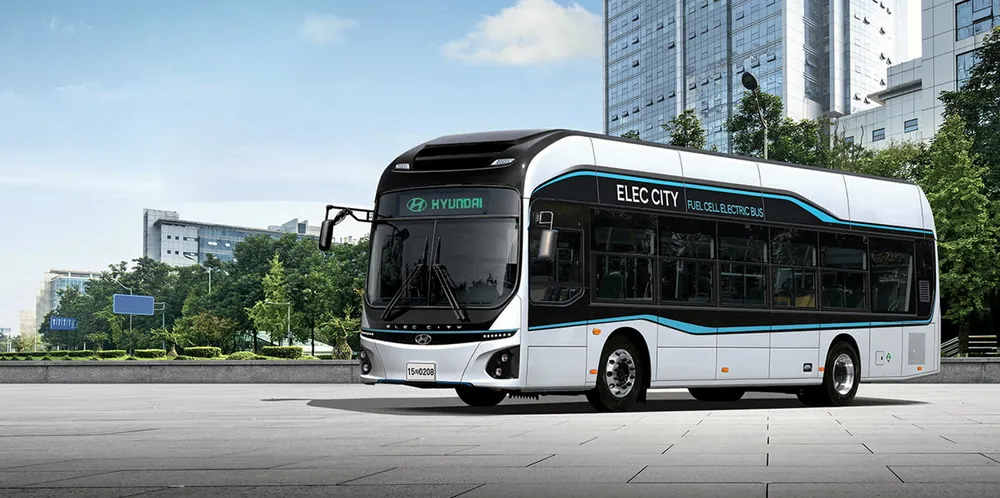South Korean authorities to spend $157m subsidising 'world's largest ever order' for hydrogen buses
Deal comes less than two weeks after French city revealed that H2 buses would be six times more expensive to run than battery-electric ones

Deal comes less than two weeks after French city revealed that H2 buses would be six times more expensive to run than battery-electric ones
